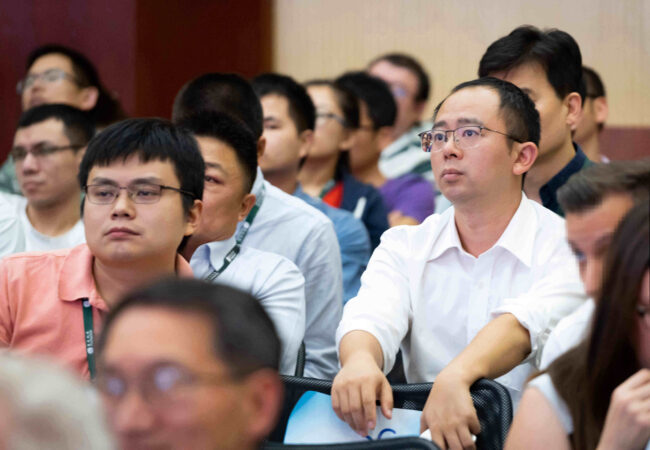Knowledge Center

With an eye on innovation, our teams strive to provide excellent and efficient service to our partners. We share our expertise through the Knowledge Center, which is a collection of presentations, webinars, podcasts, posters, publications and more.
Resource Types
Topics